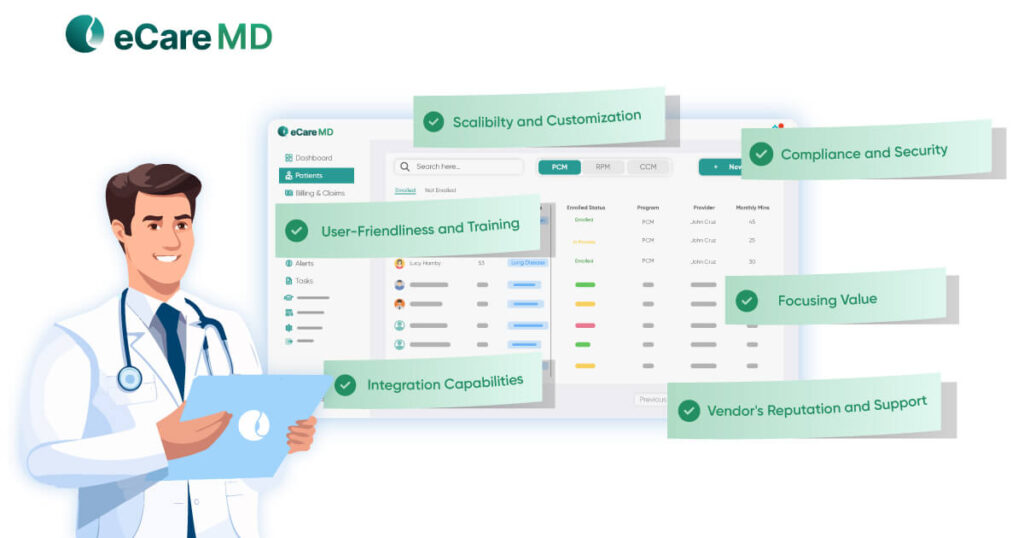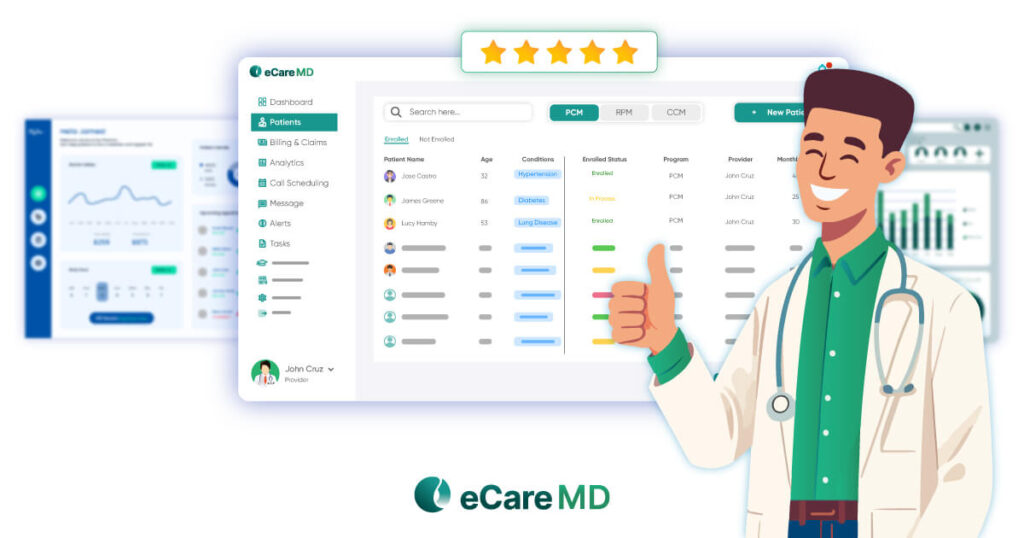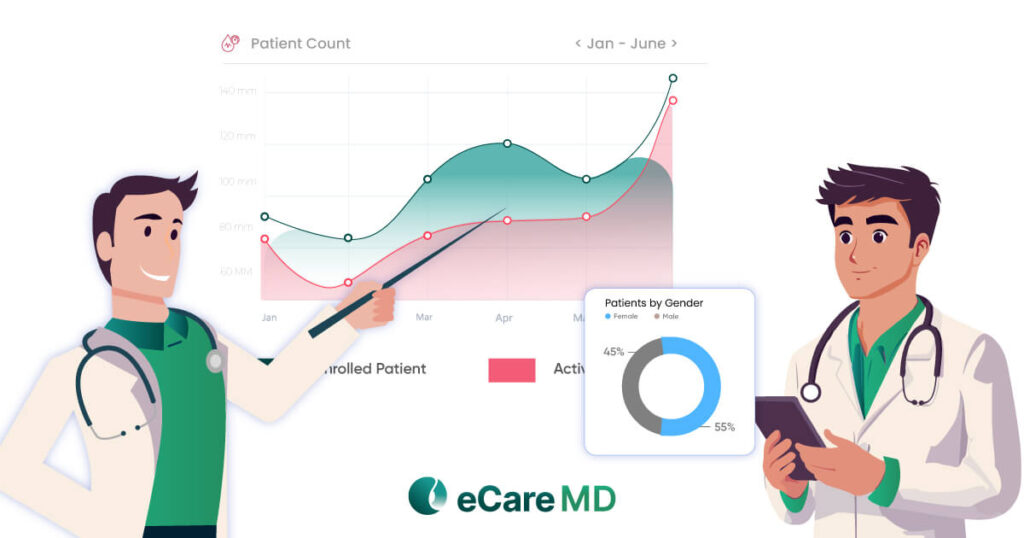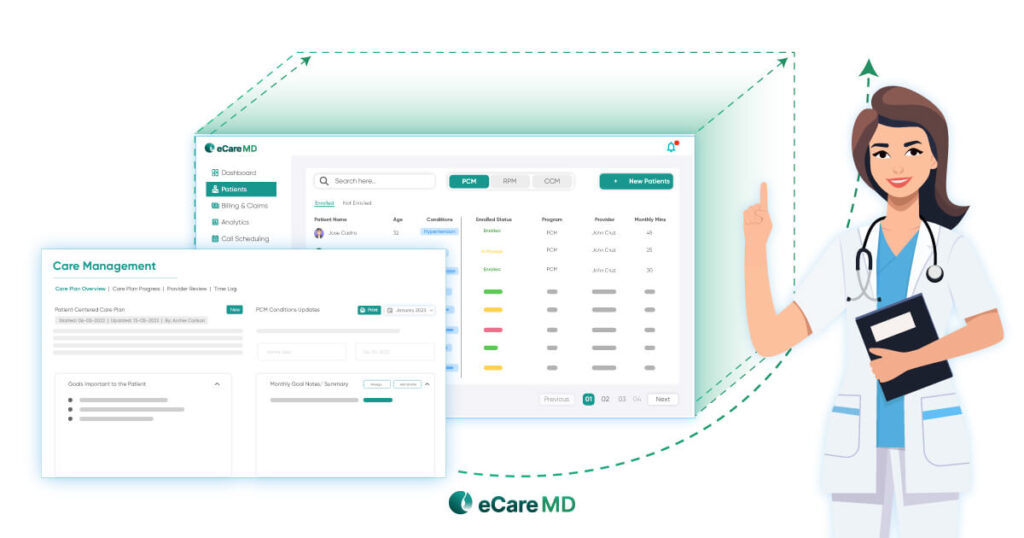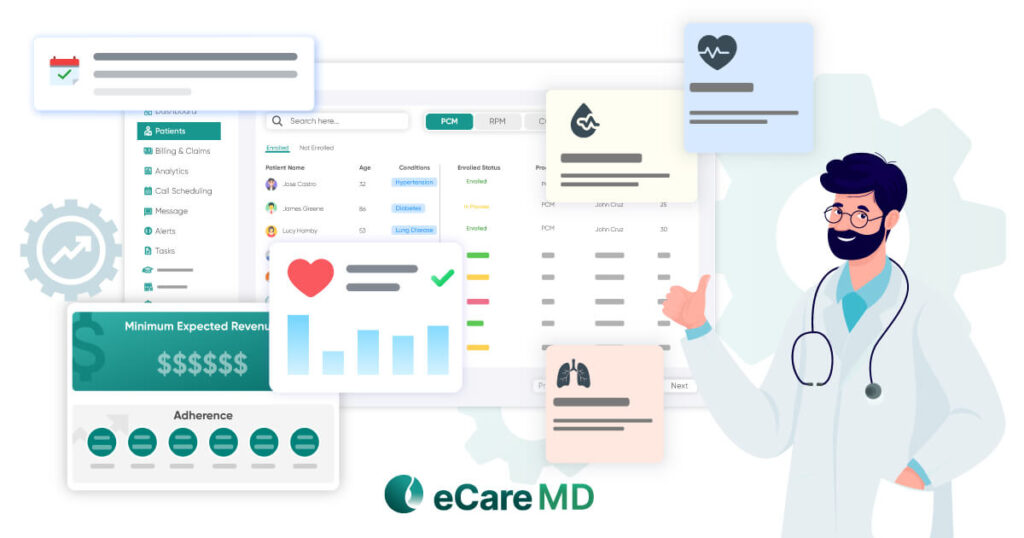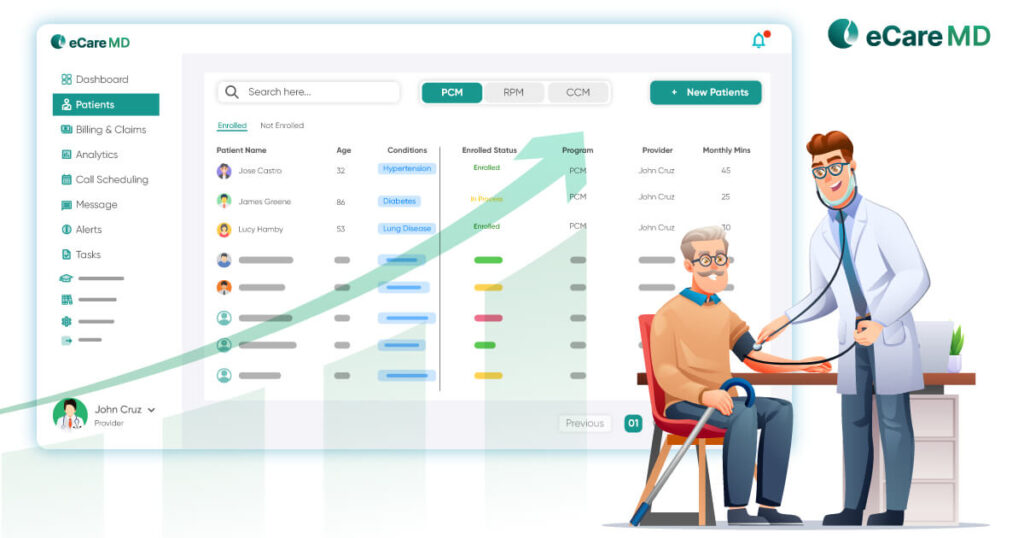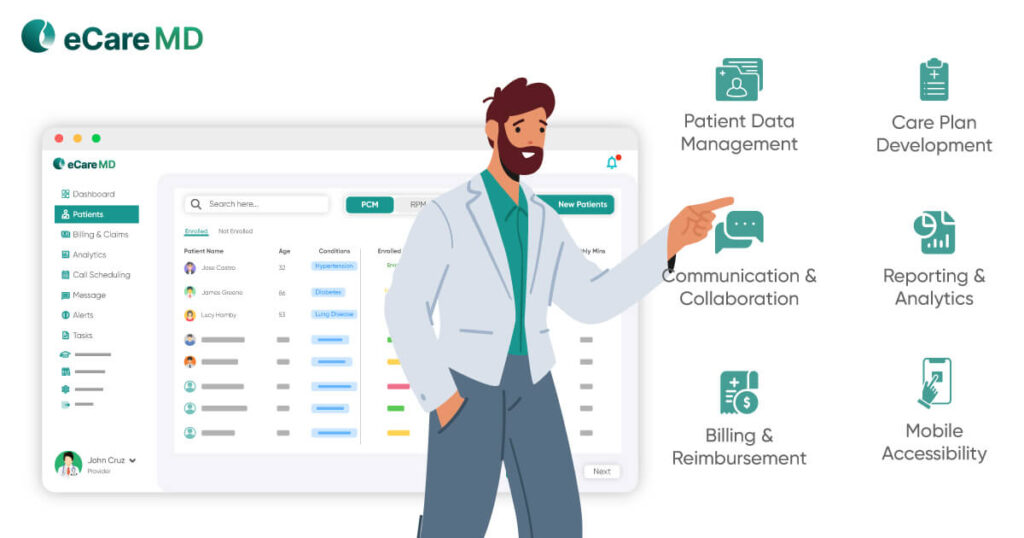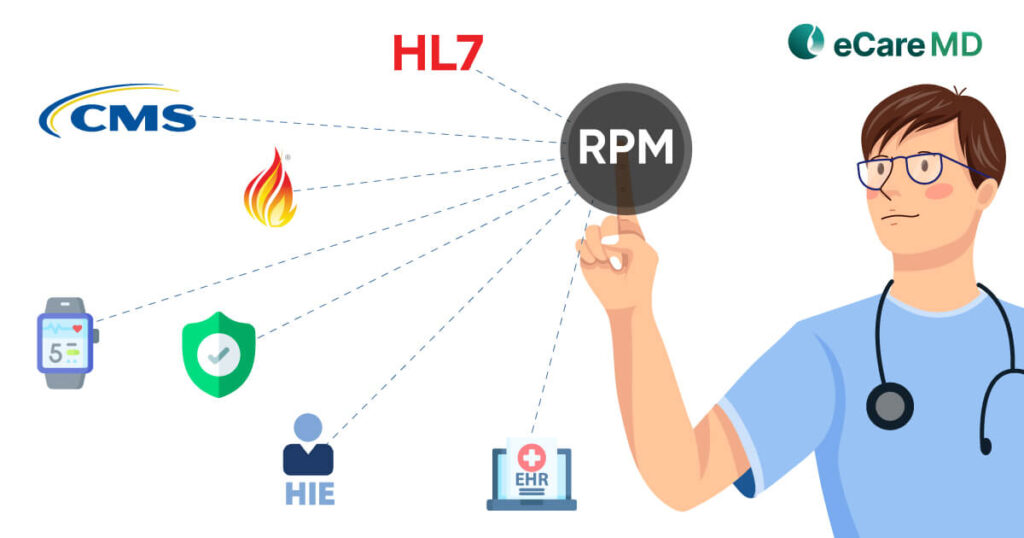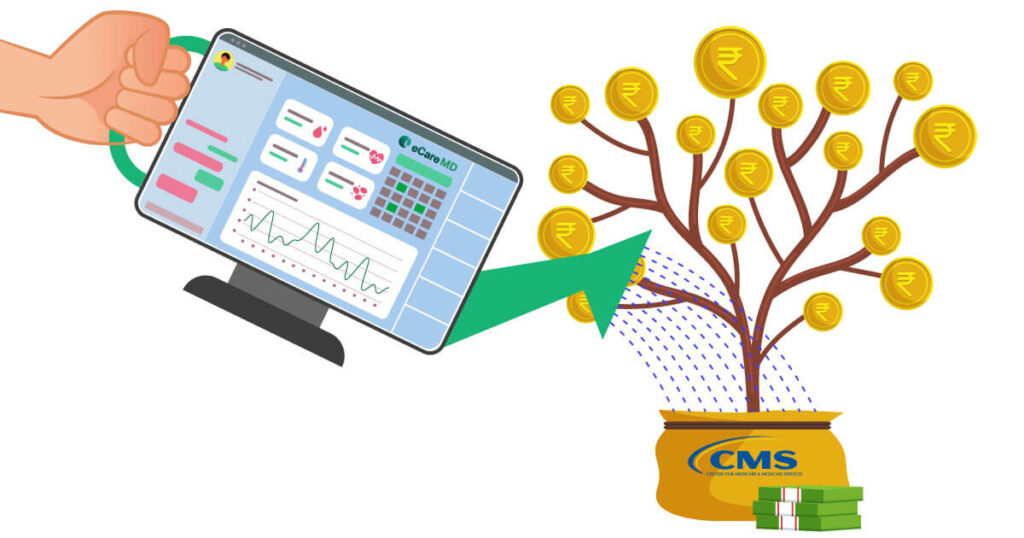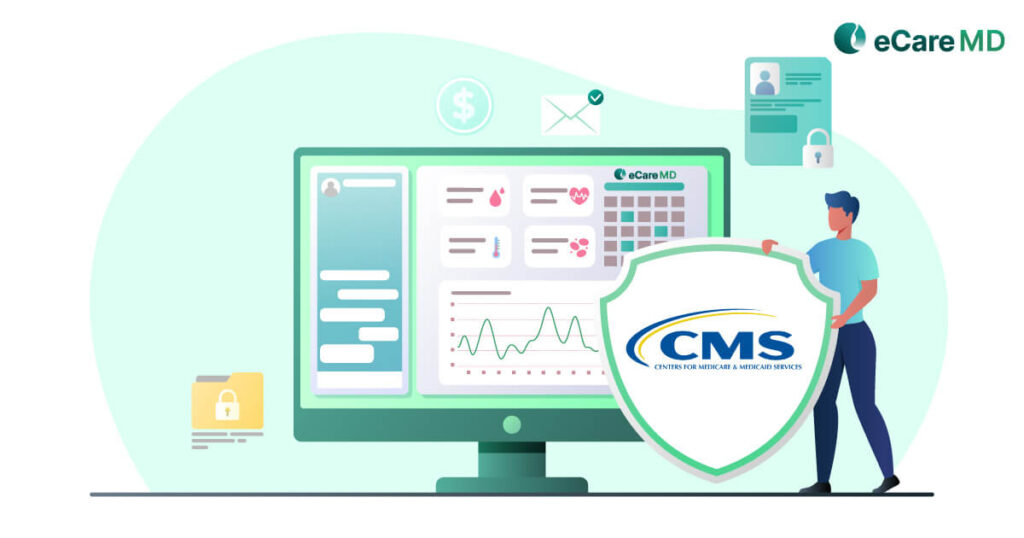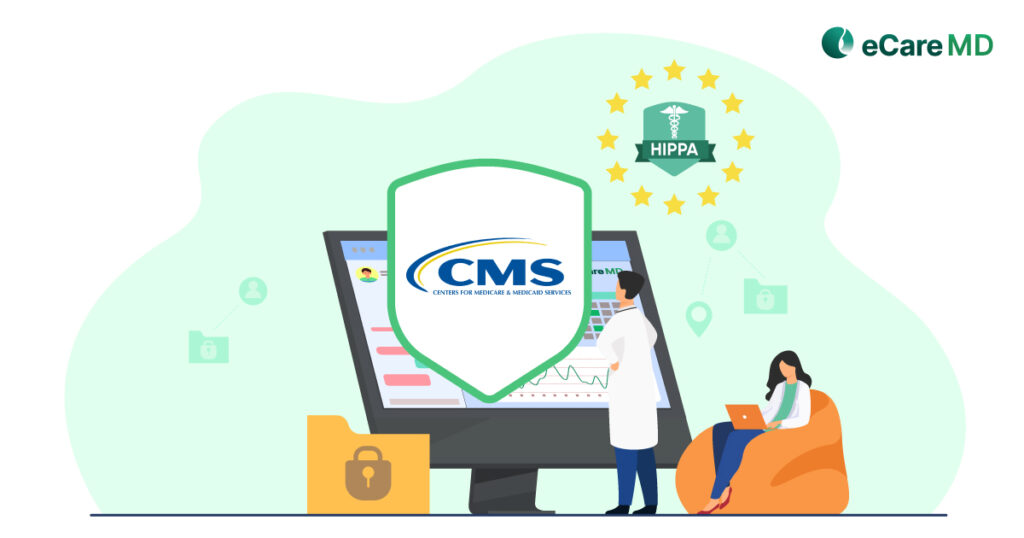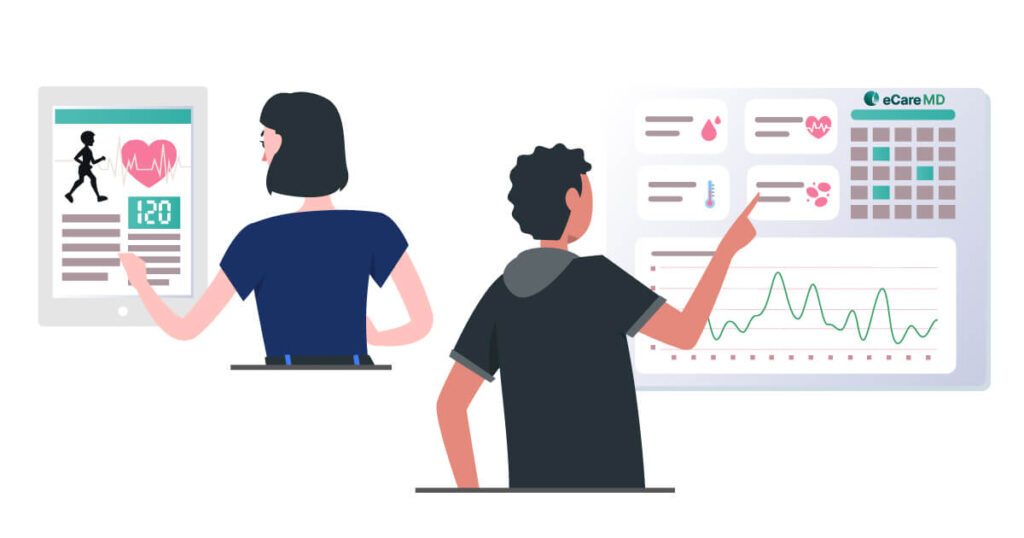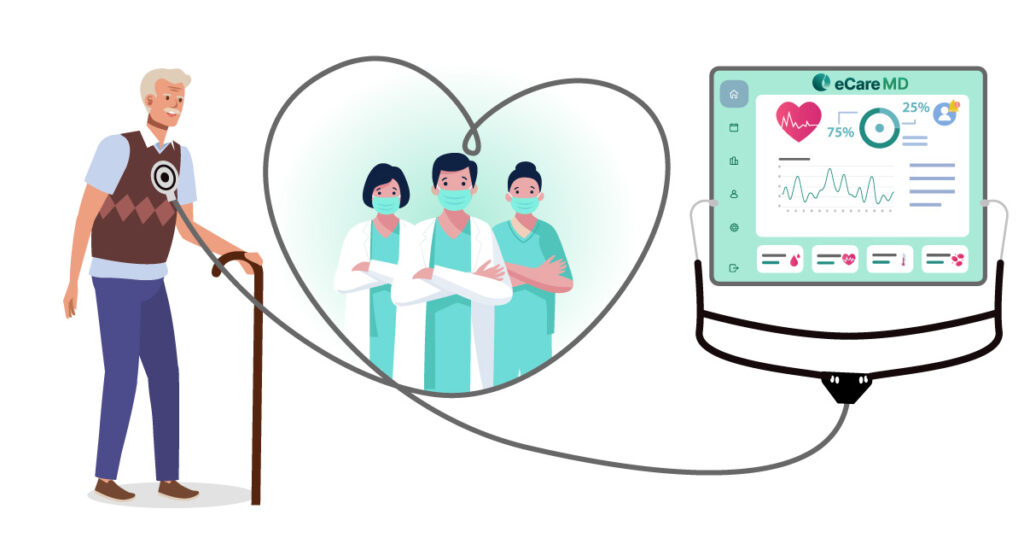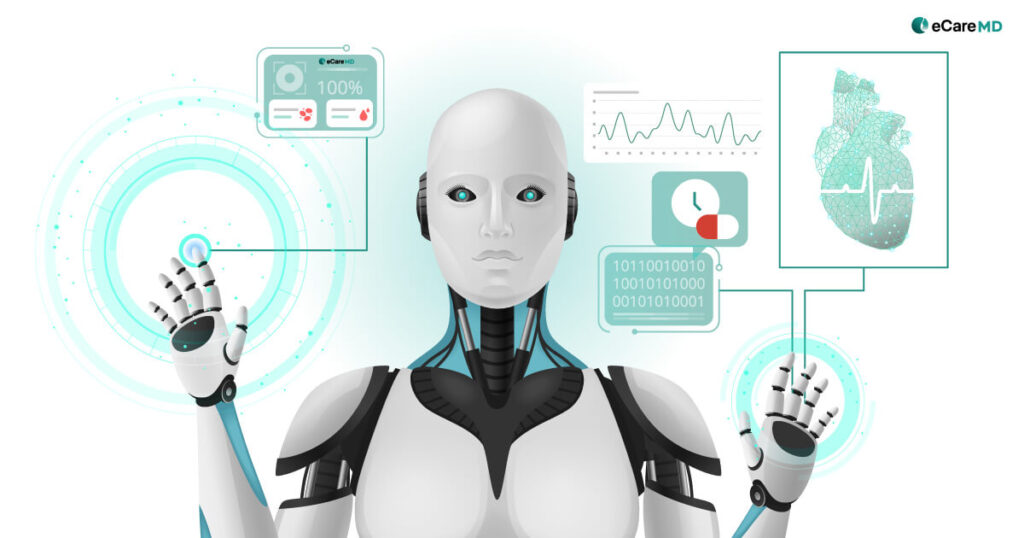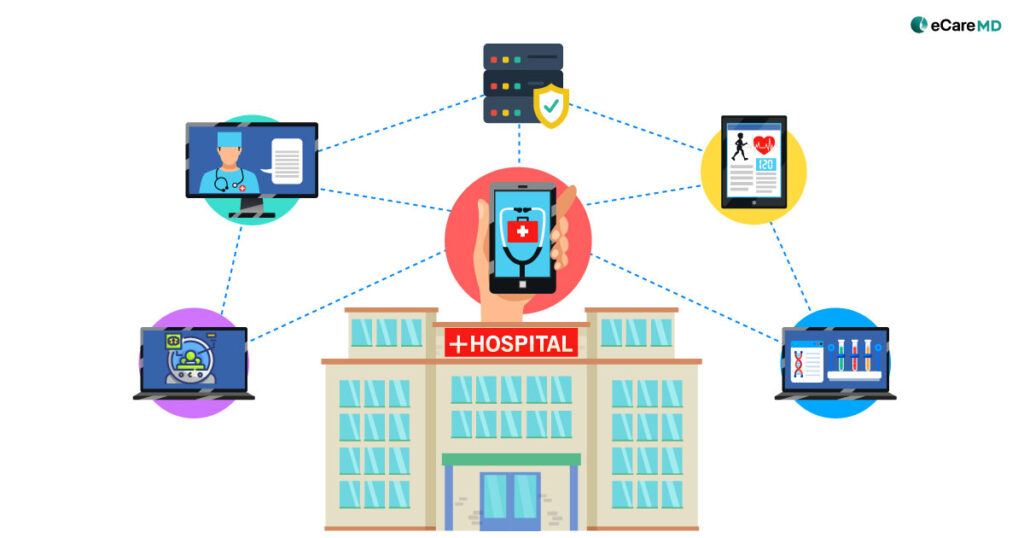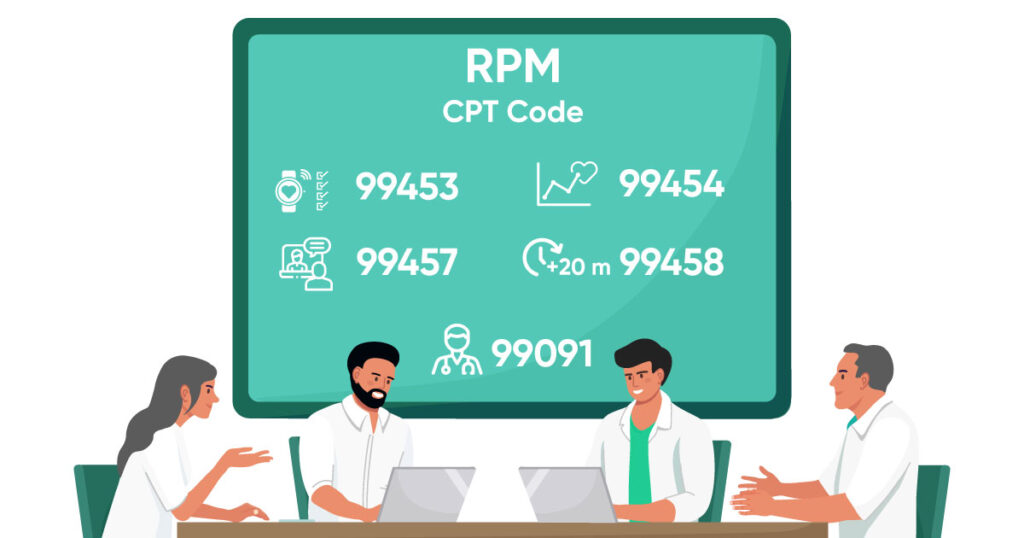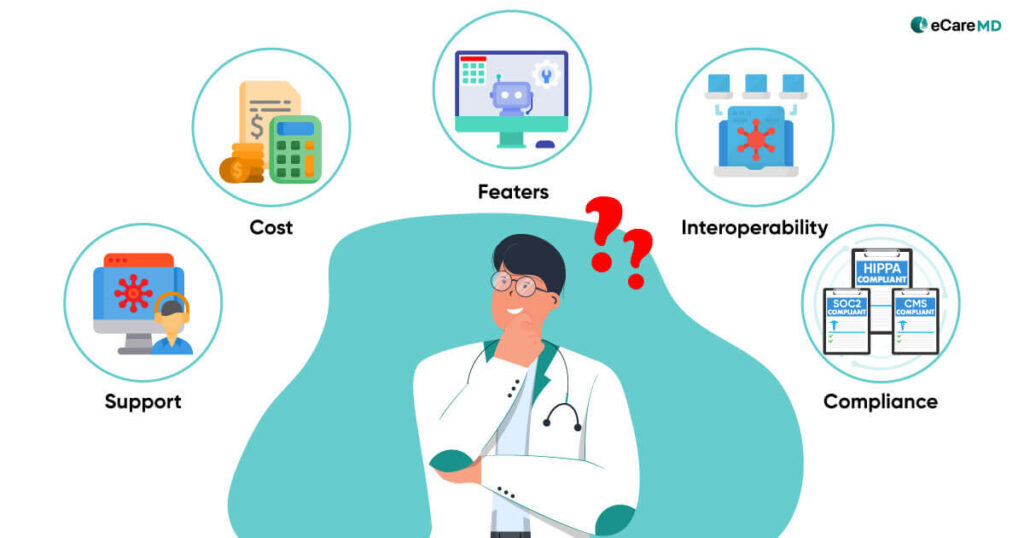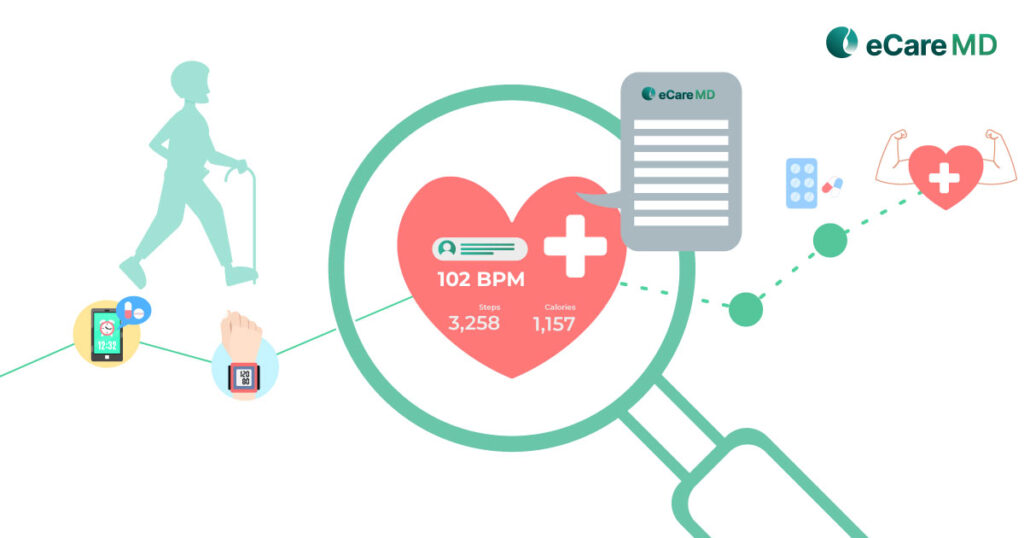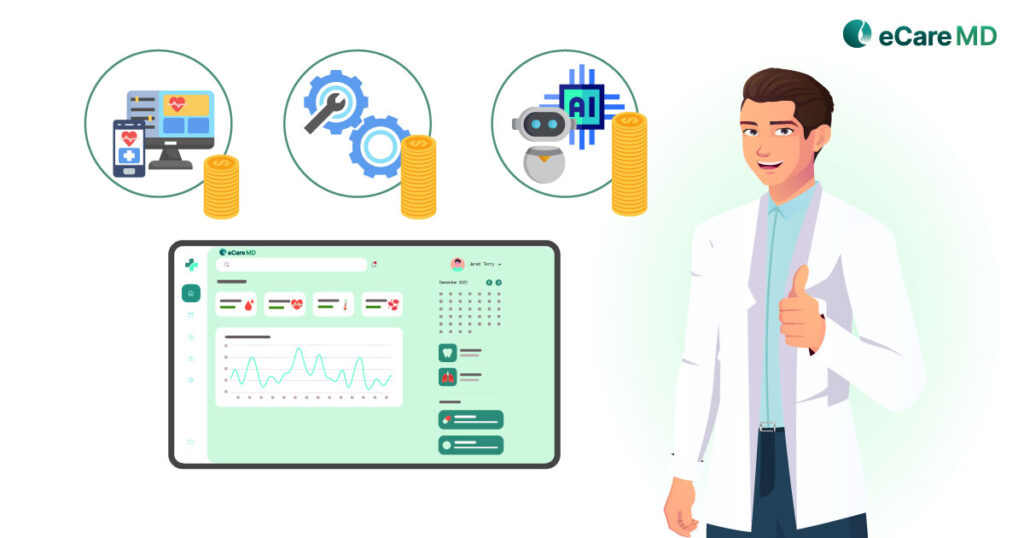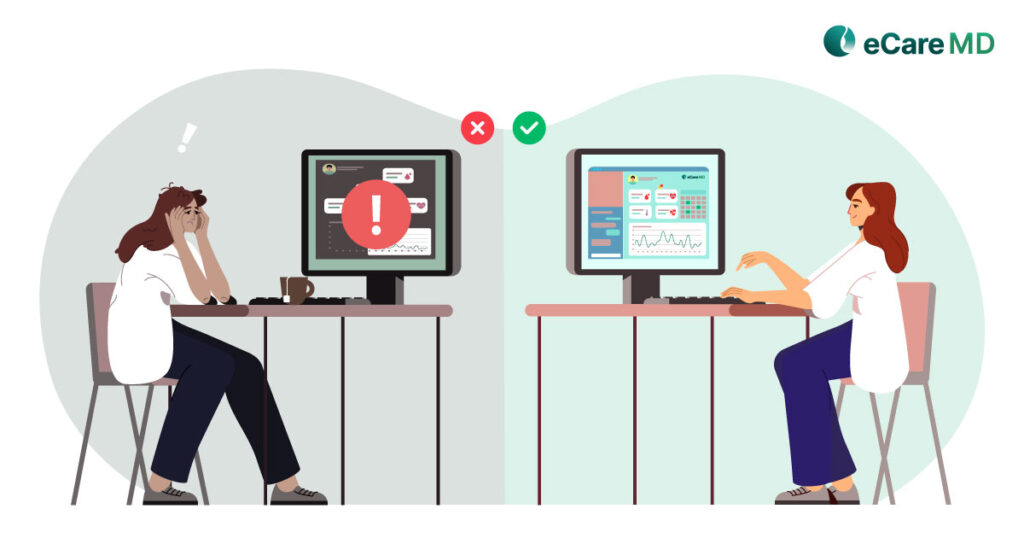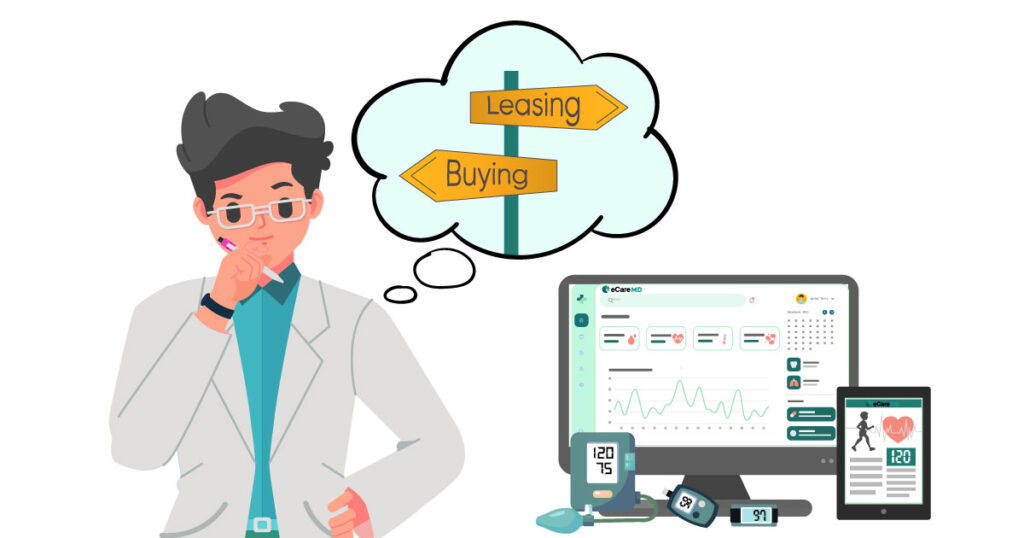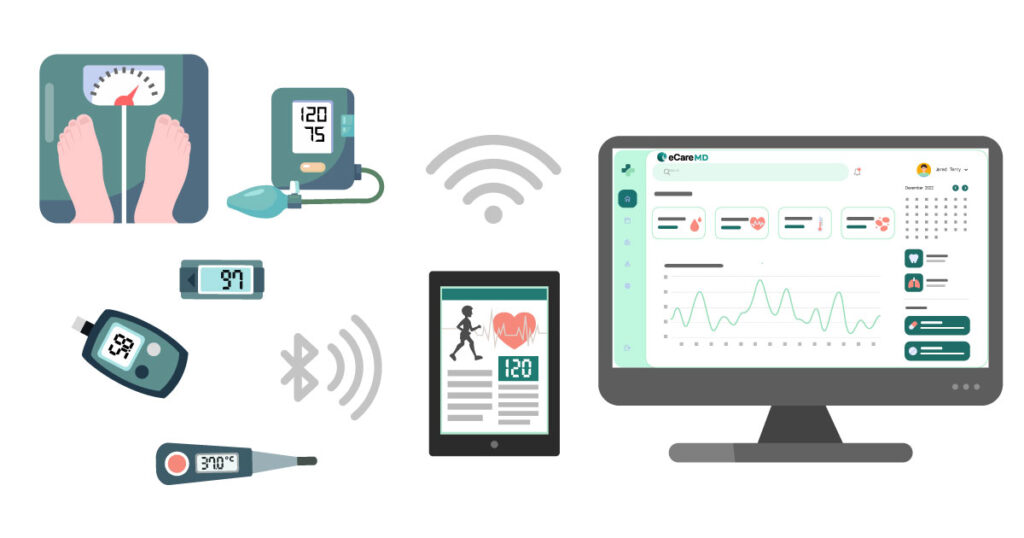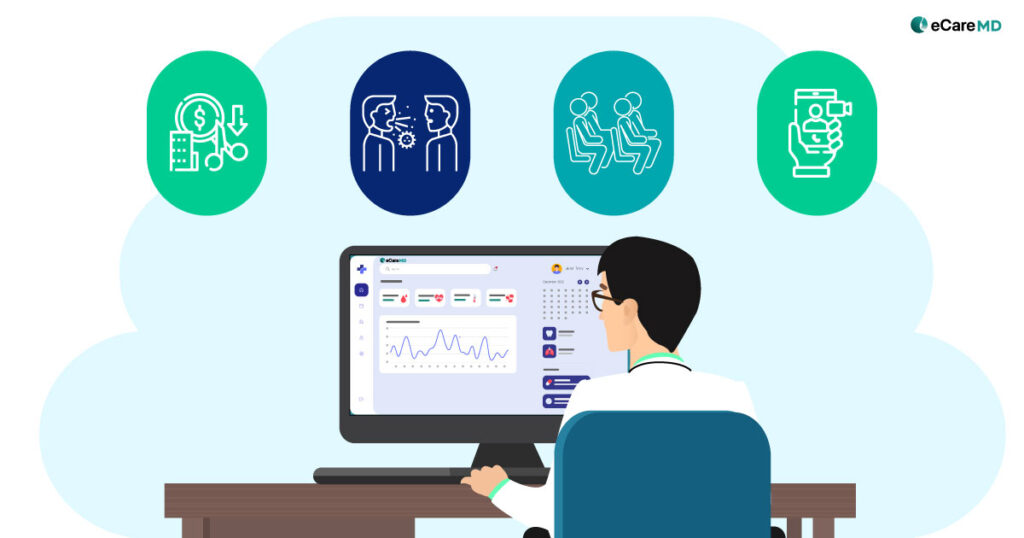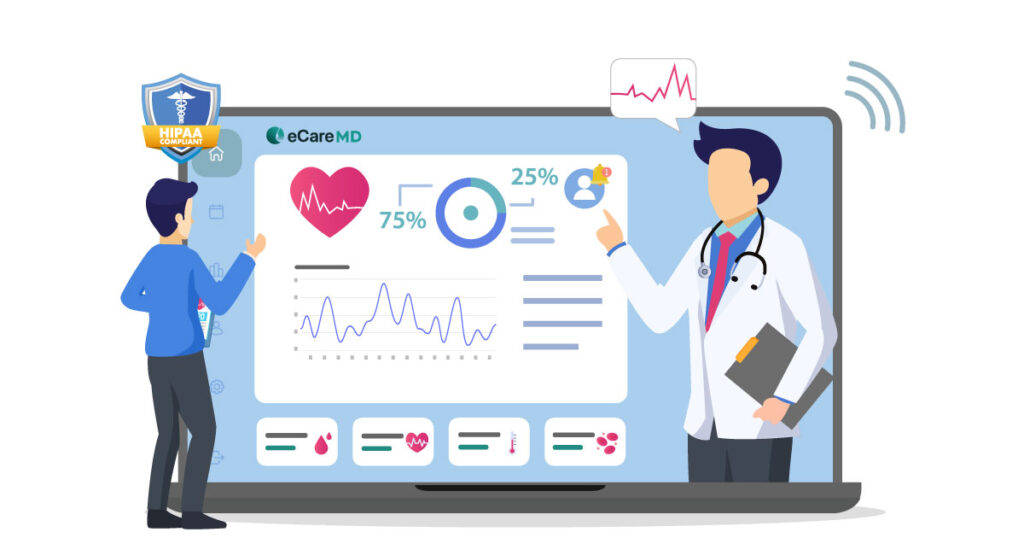Don’t you think the changing lifestyles are taking a huge toll on our health?
In the United States, every other person seems to be suffering from one or the other kind of chronic condition. Compared to the flu, common cold, or even fracture, people have to deal with chronic conditions for a longer period of time, and it worsens as time passes if appropriate care is not taken.
Since human beings are complex organisms made up of many different systems and organs, chronic conditions are not limited to one particular organ. That is why people suffering from chronic conditions require professional care.
However, the need to provide prolonged care and the rising number of people suffering from chronic conditions have increased the burden on healthcare providers. Preparing for the worst that is yet to come, healthcare professionals are innovatively solving the problem with specially designed software for chronic care management.
In this blog, let’s learn about chronic conditions and strategies to effectively manage them.
Characteristics of Chronic Illness
Human bodies have evolved in such a way that they heal and mend themselves, and for external factors, there are physicians that can help recover faster. However, chronic conditions are often those conditions that neither fix themselves nor can be cured completely.
Some of the chronic conditions, such as heart attacks and strokes, can be life-threatening. Meanwhile, other conditions stay for a long period of time and start affecting the normal functioning of other organs. To treat such chronic conditions, healthcare providers try to minimize the severity as there is no specific cure.
Depending on various factors, chronic illnesses are often characterized by the following:
- Complex Causes: Often, chronic conditions are complex, and many factors lead to their causes. These causes usually include genetics, lifestyle preferences, and environment.
- Many Risk Factors: Since chronic conditions affect normal functionalities of other organs and systems, the risks included in curating a care plan are high. So, many risk factors are also among the characteristics of chronic illness.
- Long Latency Period: One common characteristic of many chronic conditions is that they have a long latency period, where their severity is encountered late after the damage is done.
- Prolonged Illness: Since most chronic conditions cannot cure themselves, they have a long-lasting effect on patients. In complex cases and severe conditions, chronic illness can often last a lifetime.
- Disability or Functional Impairment: Chronic conditions are often related to the major organs, hindering their proper functioning. This leads to difficulty in carrying out day-to-day activities. Leading to disability and functional impairment of organs.
Common Chronic Conditions
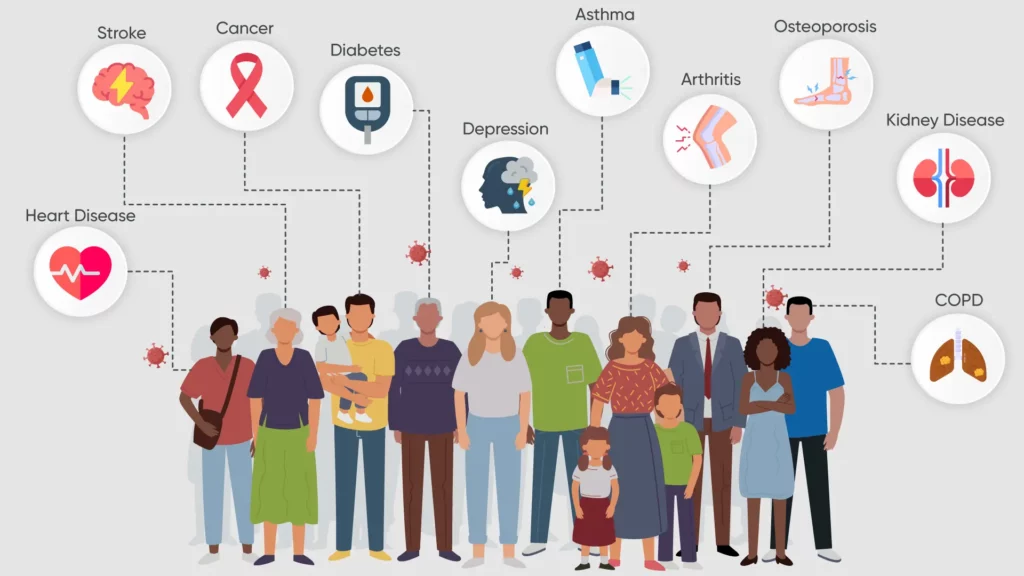
There is no specific definition of chronic conditions; they are usually described as health conditions that last for a long period of time and have life-threatening effects.
Here are some of the most common chronic conditions that physicians deal with generally:
- Health Diseases: Diseases related to the heart are the leading causes of death across the globe. Heart conditions often affect blood vessels, leading to conditions like atherosclerosis, heart failure, coronary heart disease, and arrhythmias.
- Stroke: Conditions where the blood supply to the brain is disrupted, depriving it of nutrients and oxygen, are called strokes. It is also one of the leading causes of death and often leads to severe conditions like paralysis, cognitive decline, and speech impairment.
- Cancer: Generally, a group of diseases leading to excessive and uncontrolled cell growth is called cancer. Depending on the organs it is affecting, there are more than 200 types of cancer, and it is the third most common reason for deaths in the world.
- Diabetes: Diabetes refers to a chronic metabolic disorder in blood sugar levels. Generally classified into two types, Type 1 Diabetes and Type 2 Diabetes, they have a high-risk factor that can lead to cardiovascular diseases, kidney failure, blindness, etc.
- Depression: Depression is a serious mental disorder leading to constant sadness, fatigue, loss of interest, and other things. Recently, it has been identified as a serious problem affecting people’s daily lives and relationships.
- Asthma: Asthma is a chronic condition related to the respiratory system where the patient experiences recurring episodes of wheezing, chest tightening, breathlessness, coughing, etc.
- Arthritis: Conditions that include inflammation and joint pains are referred to as arthritis. This is one of the most common conditions faced by around 1.5 billion people in the world.
- Osteoporosis: The chronic condition that reduces bone density is known as osteoporosis. This condition increases the risk of fractures significantly and is predominantly seen in women over the age of 50.
- Chronic Kidney Disease: Chronic Kidney Disease or CKD is commonly referred to as the gradual failure of kidney function over time. It can lead to complex conditions like anemia, bone density, and even kidney failure in extreme cases.
- Chronic Obstructive Pulmonary Disease (COPD): COPD is a chronic inflammatory lung disease that disrupts the air supply to the lungs. The rise in smoking has made this one of the most common reasons for deaths worldwide.
Challenges of Living with Chronic Conditions
People suffering from chronic conditions have to adapt to a completely different lifestyle to numb the adverse effects of the condition. On top of that, the fact that chronic illness stays for a prolonged period of time further poses various challenges in day-to-day activities.
Here are some of the major challenges that people suffering from chronic conditions have to deal with:
- The physical and mental obstacles that the illness brings in performing day-to-day activities.
- The treatment procedures of chronic illnesses often include heavy doses of medicine, which takes an additional toll on the health conditions of the patient.
- The feeling of disability in the body often troubles the patient with negative thoughts. Keeping them at bay is another challenge that chronically ill patients have to deal with.
- Maintaining emotional balance and a positive self-image.
- People suffering from chronic mental conditions like depression often isolate themselves, and socializing and encountering other people can be a challenge for such patients.
Ways to Cope with Chronic Illness
Put yourself in the shoes of a chronically ill person, and the challenges that he/she goes through can oftentimes be overwhelming. The psychological effect it has on the patient can further worsen the condition and lead to even further deterioration of the health condition.
However, there are several ways the person can cope with the stresses and challenges of chronic conditions. Some of the most effective ways are mentioned below:
- Know your Disease: Knowing about the disease and the possible ways of minimizing its effect can help you overcome the feelings of loneliness and gain more control of your health.
- Emotional Support: Chronic conditions make people emotionally weak, and gaining support from a therapist or joining support groups can prove to be effective.
- Goal Setting: One of the best ways to cope with chronic illness is by setting realistic goals and working towards achieving them. Setting short-term goals can be a good start to regain control and power and attain emotional stability.
- Proper Patient-Provider Communication: Discussing the possible outcomes with the doctors to lead to a healthy lifestyle and working on that part can also be a good way to deal with chronic conditions.
- Medication Adherence: Along with finding emotional support from your friends and family, patients are often alone for a major part of their recovery journey. Keeping adherence to the recommendations suggested by the doctor can be an effective way to cope with chronic conditions.
If you’re looking for strategies to properly manage chronic conditions, then click here to download the ‘Effective Chronic Conditions Management Strategies.’
Importance of Chronic Disease Management
Chronic Disease Management is one of the most important aspects of healthcare delivery for patients dealing with long-term medical conditions. However, constantly traveling to clinics and hospitals for screening, patient education, check-ups, condition monitoring, coordinating treatment plans, etc., can be tiring. This can be innovatively overcome with chronic care software solutions.
The benefits of chronic care management software can enable patients to receive care virtually at their convenience and comfort. Chronic care software leverages the power of remote patient monitoring devices and contributes to effectively managing the healthcare outcomes of the patient.
Chronic disease management makes up an important part of care delivery. It helps the providers track progress, make changes in the medication and treatment plans, and enhance patient outcomes.
Conclusion
Chronic conditions are becoming a growing concern for the healthcare industry as they are one of the leading factors increasing the pressure on the healthcare system. To tackle this problem innovatively and in a more convenient way, many healthcare providers are leveraging the power of technology with chronic care software to deliver faster and better healthcare facilities. This way, providers can not only easily manage patients with chronic conditions but also enhance their care services by offering personalized and holistic care.



